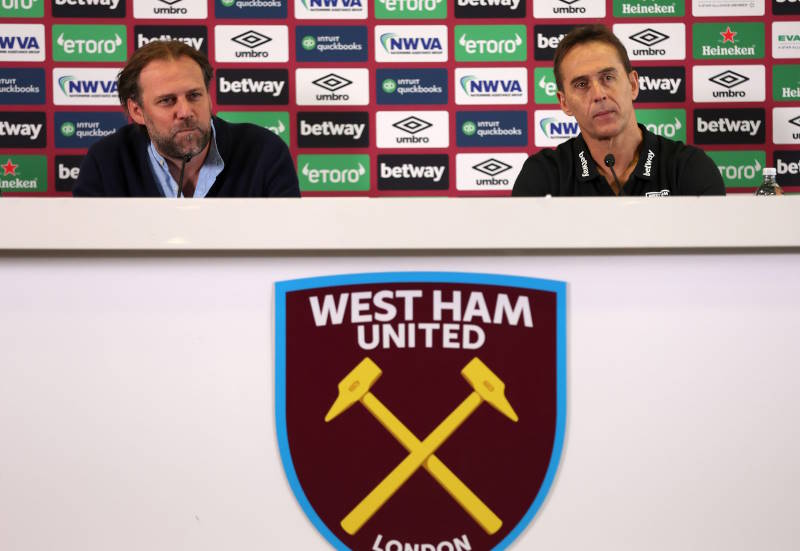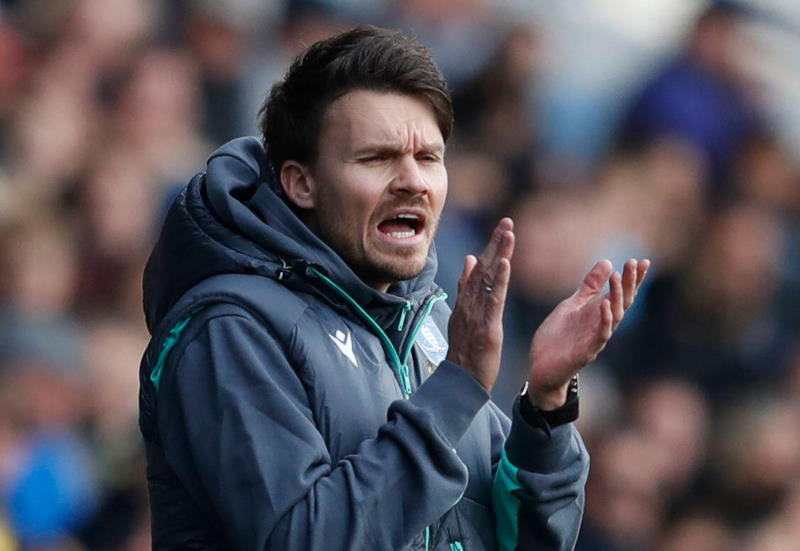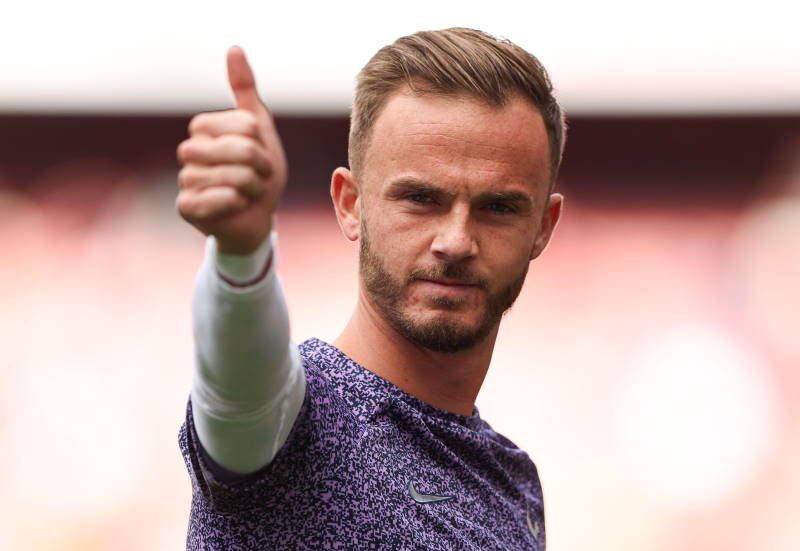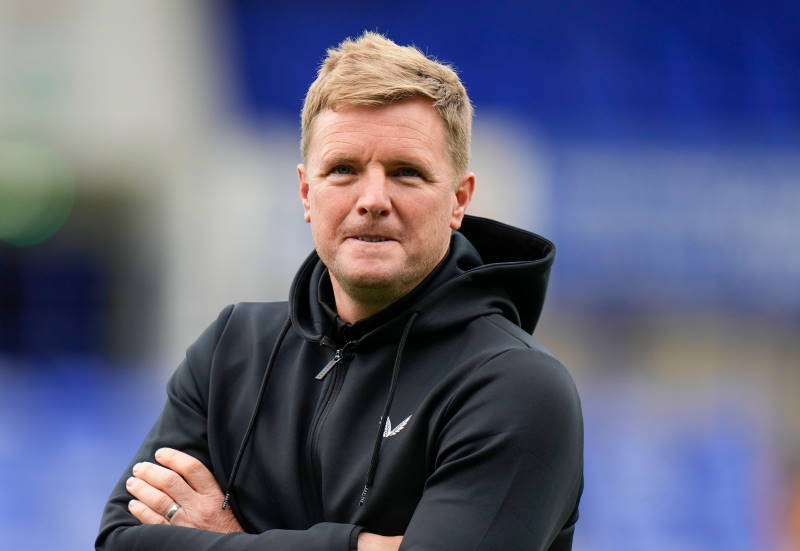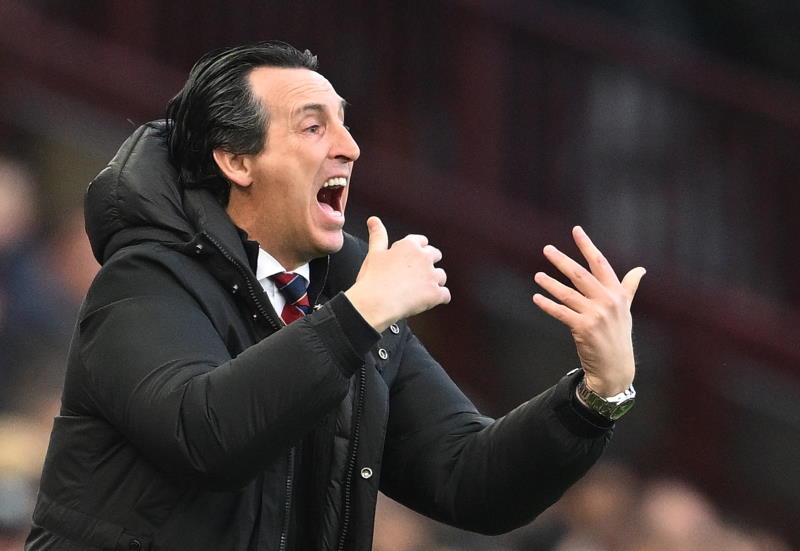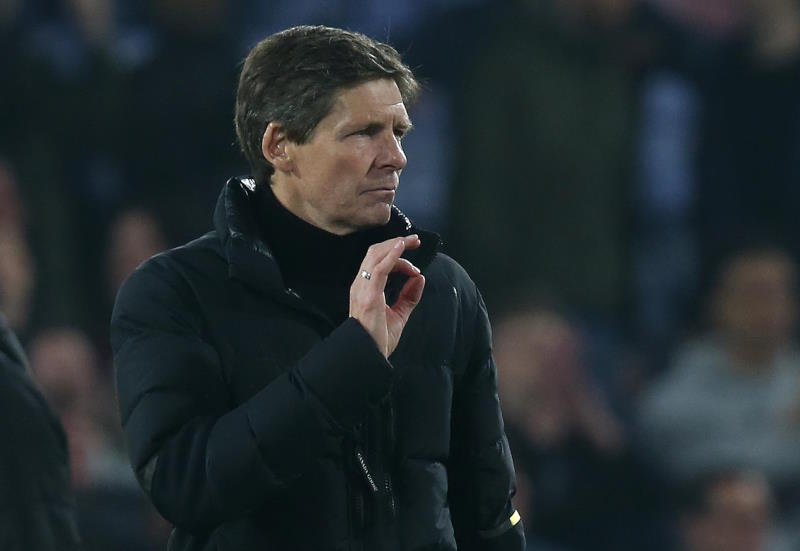
Tomek Chodorowicz
Poland have moved on quickly from their failure to reach the World Cup in South Africa, with thoughts turning to Euro 2012, which the country co-hosts with Ukraine. New coach Franz Smuda has inspired some hope that the future might just be bright. Ensuring it is will be a tricky task, and foreign born Poles could play a key role, if only they can be convinced to wear the White and Red. One that has already chosen to do so is Lille midfielder Ludovic Obraniak, who made his international debut against Greece last year, scoring twice to secure Poland’s win. And this just a few weeks after receiving Polish citizenship.
The calling up of players of Polish descent is a talking point around the streets of Warsaw. Obraniak is one of many born or raised abroad, whose footballing education owes more to Western Europe than Eastern. It was Western European academies that forged Obraniak’s skills, making him technically superior to many players bred domestically. The 25-year-old learned his trade with French side Metz, and his like are in demand at PZPN (Polish FA) headquarters.
The result of a large wave of migration of Poles to France in the first half the twentieth century, and to Germany in the second, is numerous players with Polish sounding names readily found in both French and German football. The same must be expected in the future in the UK, which has seen a large Polish movement flock to the British Isles in recent years.
Failure to qualify for the World Cup and general struggles on the international stage has made players raised abroad seem like the perfect solution to ending what ails the national side. The cycle seems to be able to be predicted with eery accuracy. First a pundit or journalist raises the name of a player abroad who could strengthen the White and Red squad, and a national debate kicks off. At once this player’s face appears on the front pages of every Polish sports newspaper and so begins to be evaluated by the entire nation: Is he any good? Is he Polish enough? Will he wear the white eagle on his chest with pride? In most cases, even if the player in question does not speak a word of Polish, it is decided by those in the know that he is most certainly Polish enough. The national debate lasts for a couple of months and then often dies out, mainly because the PZPN has failed to take the appropriate steps to get the player in question to declare his allegiance. This story is repeated time and time again. It’s just the characters that change.
Of course, in other countries that have large overseas communities, the art of exploiting the Western European footballing education system is more efficient. Nations like Croatia, Serbia and Turkey are past masters at this. The Turks especially have a most professional approach and employ a network of scouts across Germany in particular, covering hundreds upon hundreds of youth games in the search for talents eligible for their national team. In this way stars like Hakan Balta, Hamit Altintop and Nuri Sahin came to represent the country of their parents.
Poland is not close to Turkey in this matter. The responsibility for finding talented Poles raised abroad, convincing them to play for Poland, and guiding them through the often complicated process of obtaining a Polish passport lies in the hands of just one man, Maciej Chorazyk, and it’s his hobby.
Chorazyk has single-handedly taken up this mission and began his work about 10 years ago. He first began to drive around Germany to scout out talented Poles. Chorazyk reported the results of his work to the PZPN, who in turn agreed to refund his petrol and plane tickets. Apart from that there was scant little extra help, and very little interest shown in his scouting. Chorazyk had a vision of creating in the PZPN a structure that would work similar to that employed by Turkey, but only he saw the need. Despite little help from the domestic authorities, Chorazyk did not give up, working to create a net of hobbyists, like himself, from Germany, France, the US, the UK, and even, strangely, Brazil. The PZPN recently moved to hire Chorazyk and now pay him for his work, but only him, and he alone cannot replicate a process as efficient and developed as that of Turkey.
Obraniak stands as Poland’s first success in this field of talent exploration and repatriation. However, this is probably because the PZPN had very little to do with it: the Lille midfielder became a White and Red all by himself, without any convincing or help from the Polish side. Obraniak went through the long process of receiving Polish citizenship and then declared his readiness to represent Poland to, as he said, honour his grandfather, who always ensured his Polish heritage was uppermost him his mind. The 25-year-old’s efforts have not gone unnoticed by the Poland faithful, and he has quickly become a fan favourite.
The Longeville-les-Metz-born player wasn’t the first to try to plot a route to the Polish national team all by himself. A few years ago Piotr Trochowski declared himself ready to turn out for Poland. The Hamburg midfielder waited, but received no interest from the PZPN. Trochowski will now, unlike Poland, be travelling to the World Cup in South Africa, after first being capped by Germany in 2006. Much criticism was aimed at the PZPN after the episode, but the association had one simple line of defence: if Trochowski really felt Polish he would have waited and not accepted the German offer.
In some cases though the PZPN have been the party making an approach, and some of those they have sounded out, and seen reject their advances in favour of other countries, make impressive reading. Fulham striker Andy Johnson (England), Leverkusen defender Lukas Sinkiewicz (Germany), DC United midfielder Danny Szetela (United States) and Deportivo wing-back Filipe Luis Kasimirski (Brazil). However, there are two players who chose not to play for Poland for whom the Polish fans reserve a very special kind of hatred: Miroslav Klose and Lukas Podolski. Both Polish born, yet choosing to play for Germany, the duo represent the loss of a real source of talent for Poland. When Podolski scored against the country in Euro 2008, all Poland was alive with chants and songs of the treason the striker had committed.
The list of players still considering playing for Poland is not quite as impressive as those to have given a firm no, but still looks better than much of what the country can field at the moment. Defence could be strengthened by Sebastian Boenisch of Werder Bremen, Damien Perquis of Sochaux and Laurent Koscielny of Lorient, while midfield would benefit from Mainz’s Eugen Polanski and Timothee Kolodziejczak of Lyon. Up front Robert Acquafresca of Genoa and Everton’s Lukas Jutkiewicz would be a big help. Convincing any of these stars would count as a big success for the PZPN, however the two most wanted by Poland’s new coach Franz Smuda are Boenisch and Polanski, and it is around these two that the national debate continues to revolve.
Despite the advantages of fielding quality players raised abroad, the issue remains controversial. Questions are continually asked about the purpose of the national team and to what degree the team should actually be “national”. It is hard to determine who should have the right to represent Poland. While some say this right is passed on by blood, others argue that it is instead a matter of identity and patriotic awareness. The PZPN, not wishing to offend, try to satisfy both points of view. While they try to attract as many foreign Poles to the national team as possible, they also fail in almost every attempt. In this way, everyone’s happy.

